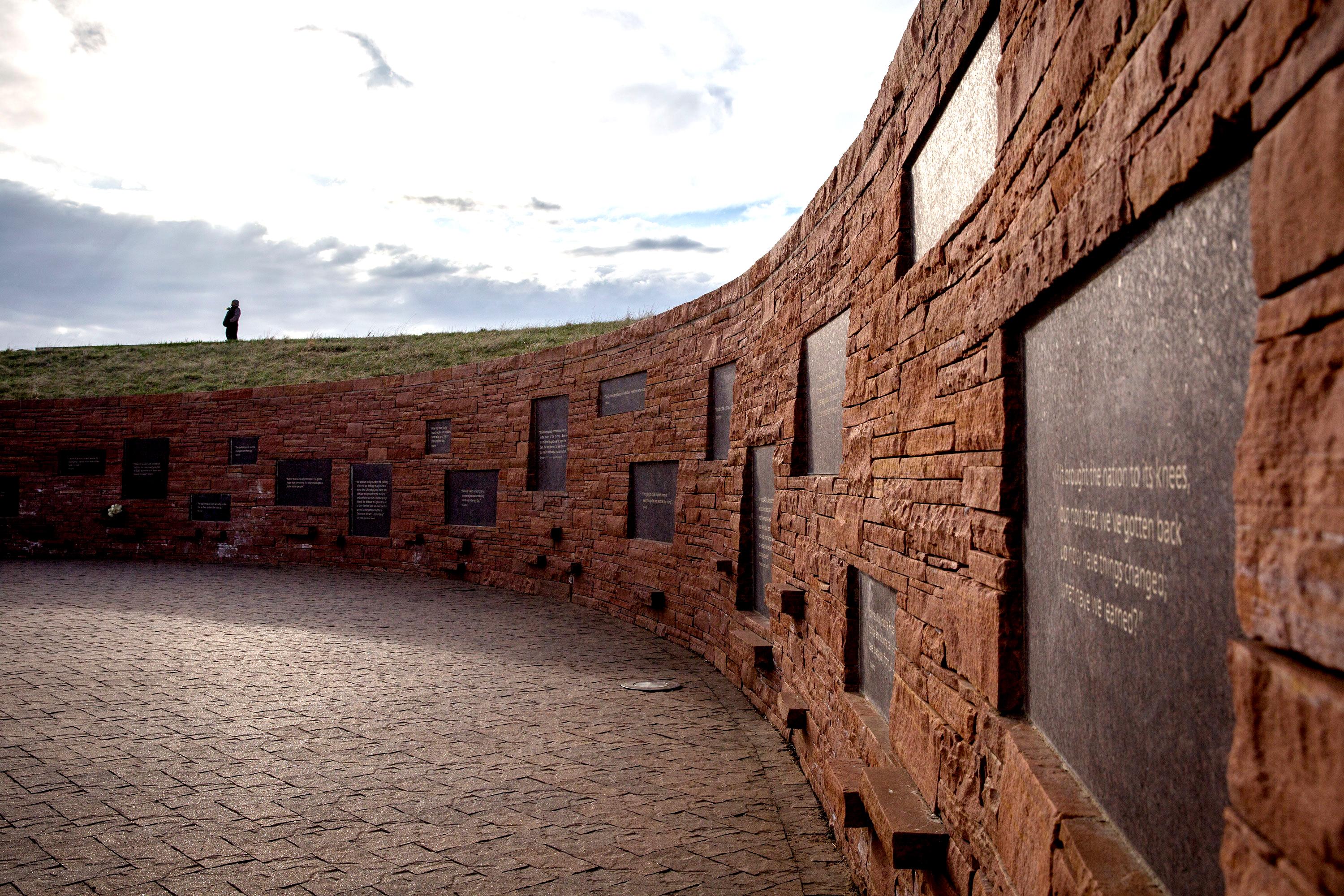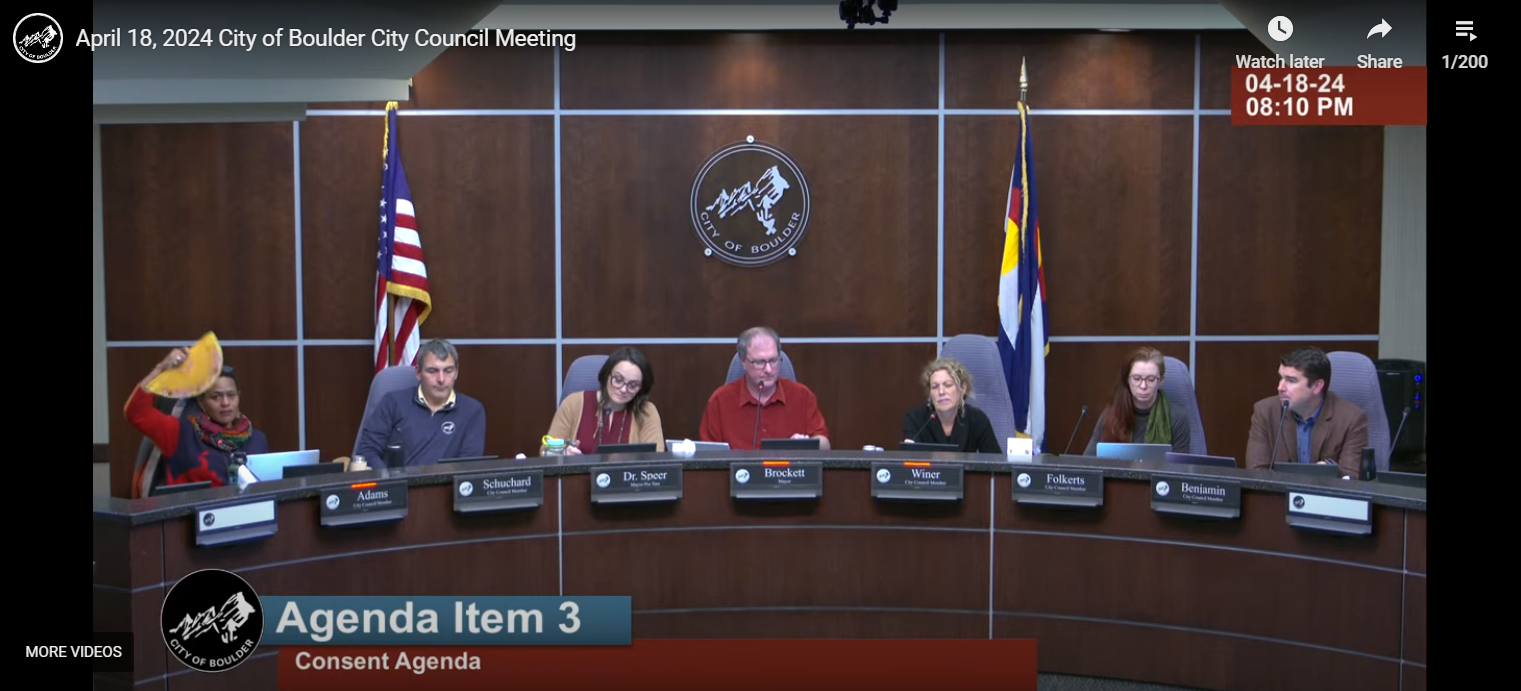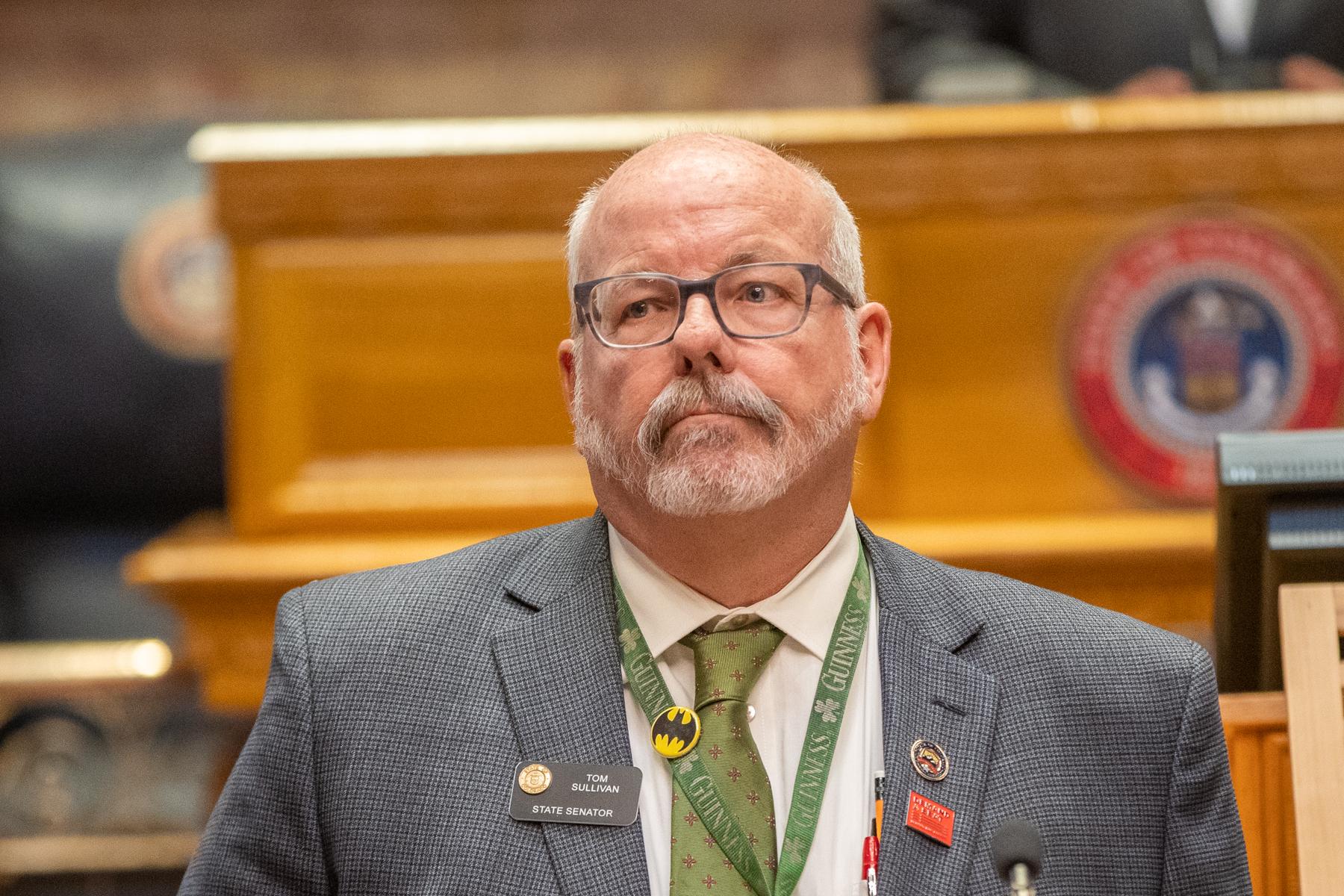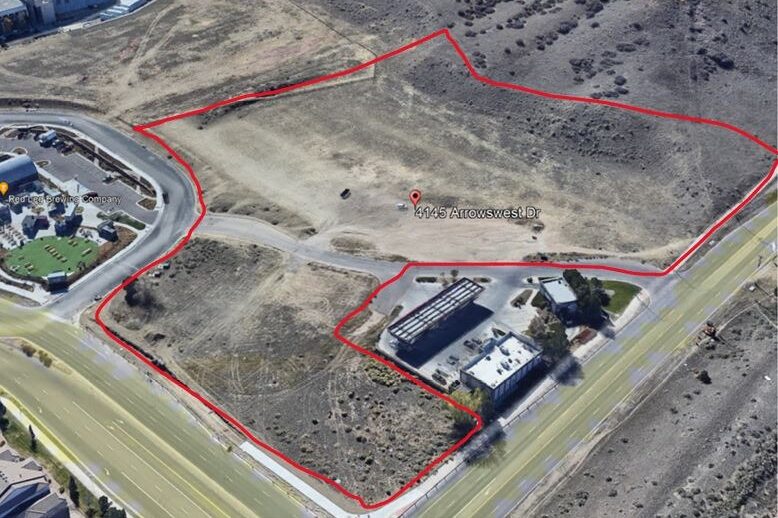Parents and teachers in the state’s largest school district are coming to grips with a harsh reality: up to $60 million needs to be slashed from school budgets over the next two years. Citizens are weighing in to shape and target the cuts. As Colorado Public Radio education reporter Jenny Brundin learned at a recent citizen budget forum – the process is a painful one. Here’s a transcript of her report.
Reporter Jenny Brundin: The place is packed. Every chair in the Arvada High School library is taken. It’s the same at four other meetings across the district on this sunny Saturday morning. There are parents and teachers and folks from the neighborhood who just say they care about the quality of schools.
Robin Johnson: And now it’s more important than ever to hear from you as to what your funding priorities are.
Reporter: School board member Robin Johnson welcomes the group. Then they watch a fast-moving video to set the stage. The news is grim. This isn’t the first year of cuts. In the last nine years, $90 million dollars has been slashed. And it gets worse. Declining birth rates are pushing enrollment down, and that hurts because schools get state money based on the number of students.
Video: This table shows significant reductions. As you can see, they are significant.
Reporter: Everybody here has a list in front of them. It’s the list of 82 reductions prioritized by a citizens’ council that has scrutinized the budget. If adopted, the district would cut $67 million dollars over two years. That includes 590 jobs.
Video: Should 60 to 70 million dollars in reductions be required, here’s what you’ll see.
Reporter: Increased class size by 1 to 2 students, no elementary music programs, reduced bus service. No teacher librarians in middle schools, fewer tech ed classes and services for gifted and talented students. As the groups break into discussion, it’s apparent… that’s everything people want to keep. One man calls the process choosing the caliber of the bullet you’re going be shot with. People seem most concerned about classes getting too full. Teacher Kate Harrison says one of her third grade classes had 31 kids. Fully half of them couldn’t do third grade work, though.
Kate Harrison: So it was a huge challenge maintaining the rigor of an educator that’s expected in a classroom.
Reporter: As the groups give their reports, it’s also apparent electives like elementary music are the next popular. Dozens of people are wearing red to show their support. It’s number 74 on the chopping block. Terri Chawla says band is her eighth grader’s main passion.
Terri Chawla: I don’t know who my daughter would be right now and what her interests would be without that music focus she has. And I asked her what happens if you didn’t have music and she just, she couldn’t give me an answer, it was just such a foreign concept to her.
Reporter: Like many in the crowd, Chawla isn’t blaming the district She says JeffCo has been responsible about managing its budget. There just aren’t enough state dollars. And that’s frustrating.
Chawla: I don’t honestly envy the board right now. I looked down that list of cuts even at the 10 million, 50 million. Most of them, I don’t want to see happen. It’s like this is too hard, this is too deep.
Reporter: It’s the impact on low-income kids in particular that worries teacher librarian Natalie Schiele. She works at school with a 91 percent poverty rate. Most kids don’t have computers at home.
.
Natalie Schiele: It’s a really big deal for them to come down to the computer lab. A lot of times it’s the first time they’ve ever held a mouse in their hand or seen in a key-board.
Reporter: Cutting her time in half, she says, wouldn’t allow her to teach as many skills, or direct kids to good books that will challenge them. Some groups try to come up with places to cut not on the list. Participant Geoff Hollingsworth thinks deeper pay cuts are inevitable.
Geoff Hollingsworth: The only way you’re going to balance this budget, is to cut the costs of the people that you’ve hired.
Reporter: Teachers pay was cut three percent last year. Veteran teacher librarian Laura Carlson is quick to jump in:
Laura Carlson: I’m doing my job. I’m working really, really, really, hard and all I get is, are you going to retire next year? Because I am on the top of pay scale, but I’ve worked for that, I have two Masters degrees that I paid for.
Reporter: Then there’s something called “area administrators.”
Participant Shanna Burglin: How many area administrators do we need?”
JeffCo has four of them. They oversee and monitor all district schools for safety and effectiveness.
Burglin: Is that an area that could be alleviated?
Reporter: Geoff Hollingsworth, it turns out, is a former assistant principal of a high school. He believes administration is streamlined, starting with the superintendent at the top.
Hollingsworth: Here I am helping run a large school and I’ve only got three people ahead of me that I would get to the very top if I needed help, that’s not a whole lot of people. Most organizations have many more layers of people before you’d ever get to the CEO.
Reporter: Some people nod. Even more nod when the guy in a purple baseball hat sums up what they’re all feeling: you can’t keep taking spokes out of the bicycle wheel, he says, and expect the bike to go down the road. Tonight, JeffCo board members will be briefed on what happened at these Saturday meetings. This spring, they’ll find out how much state lawmakers dole out to schools. Then they’ll hammer out a final budget in June. Jenny Brundin, Colorado Public Radio News.
[Photo: CPR]









